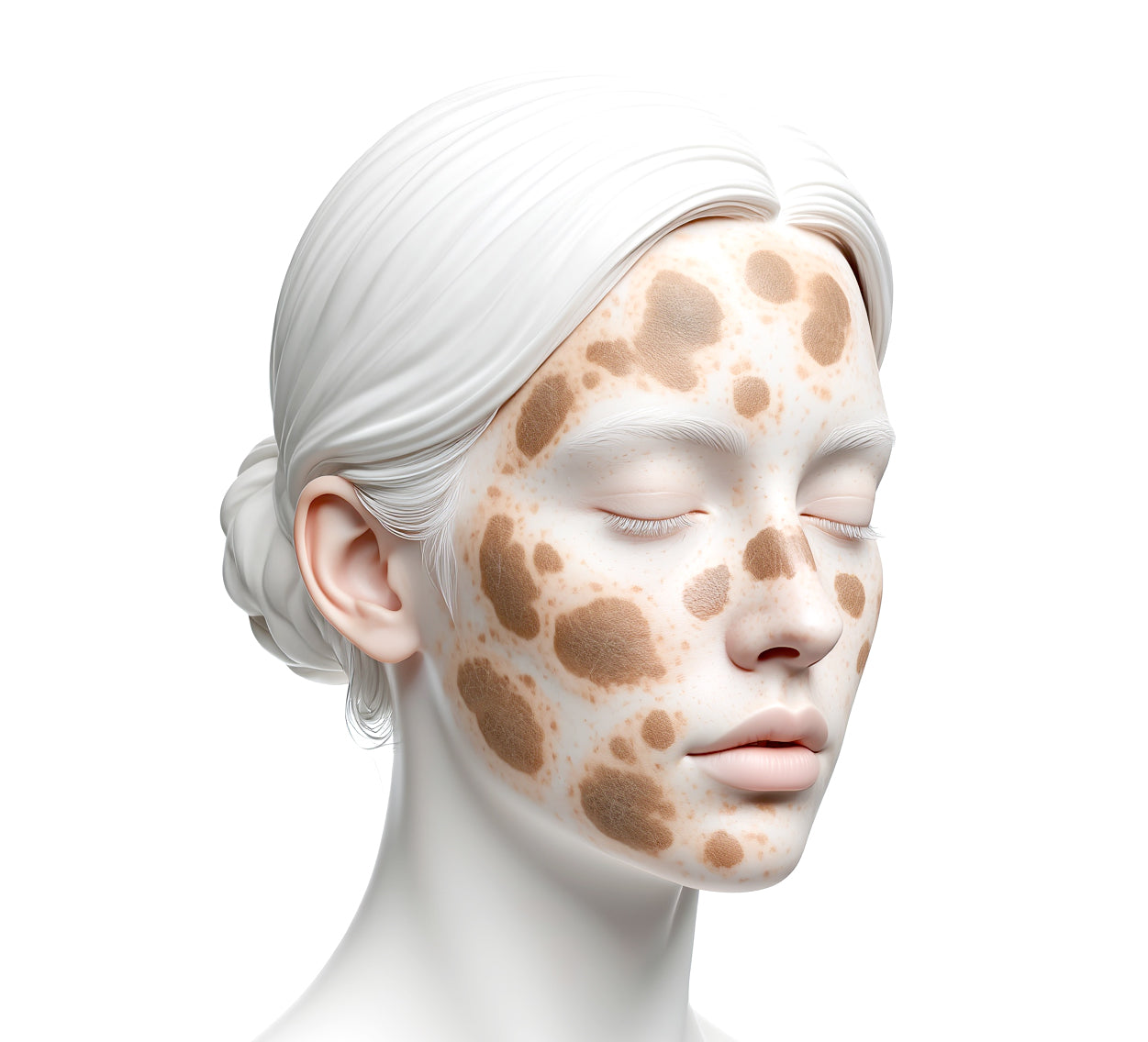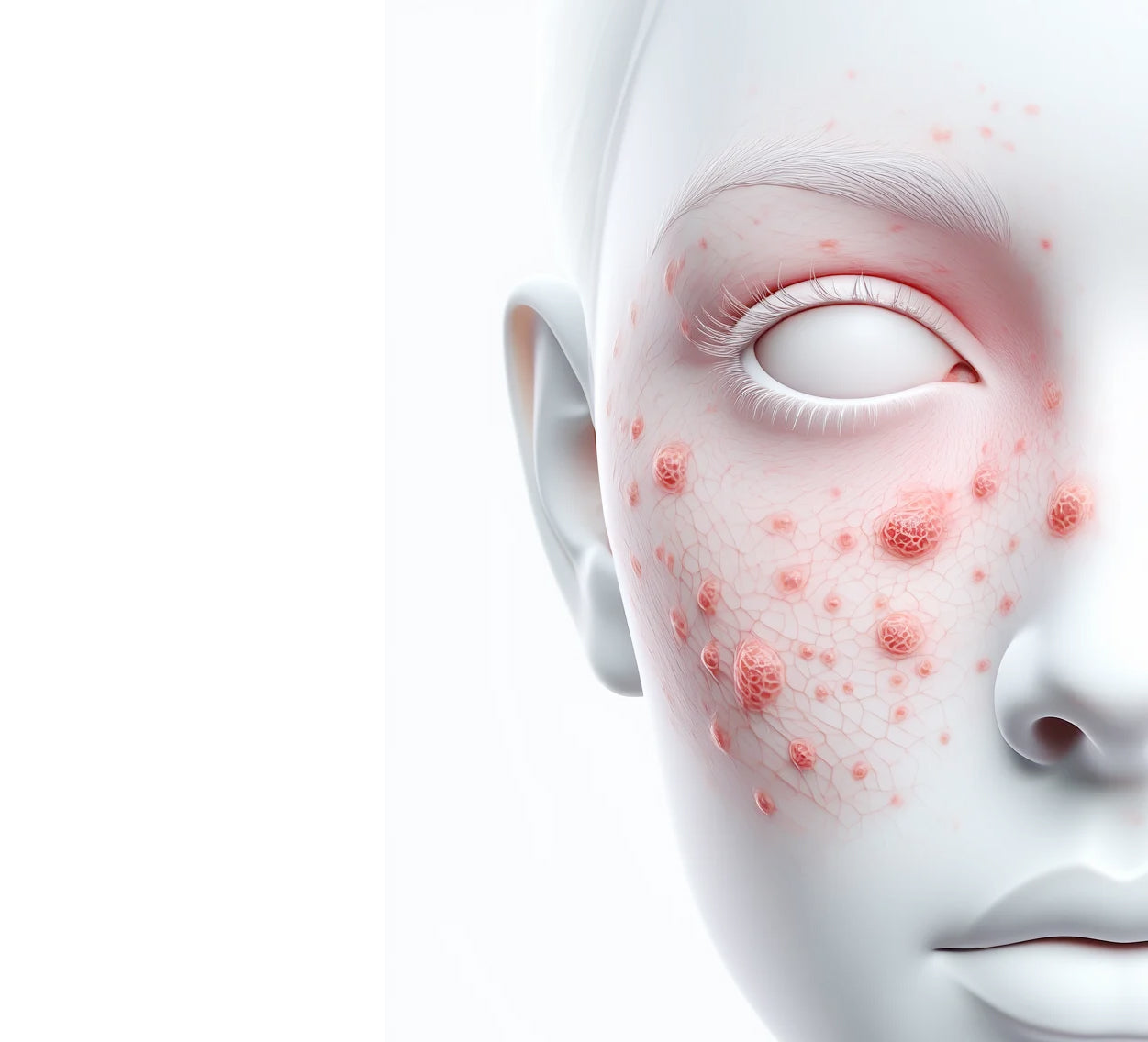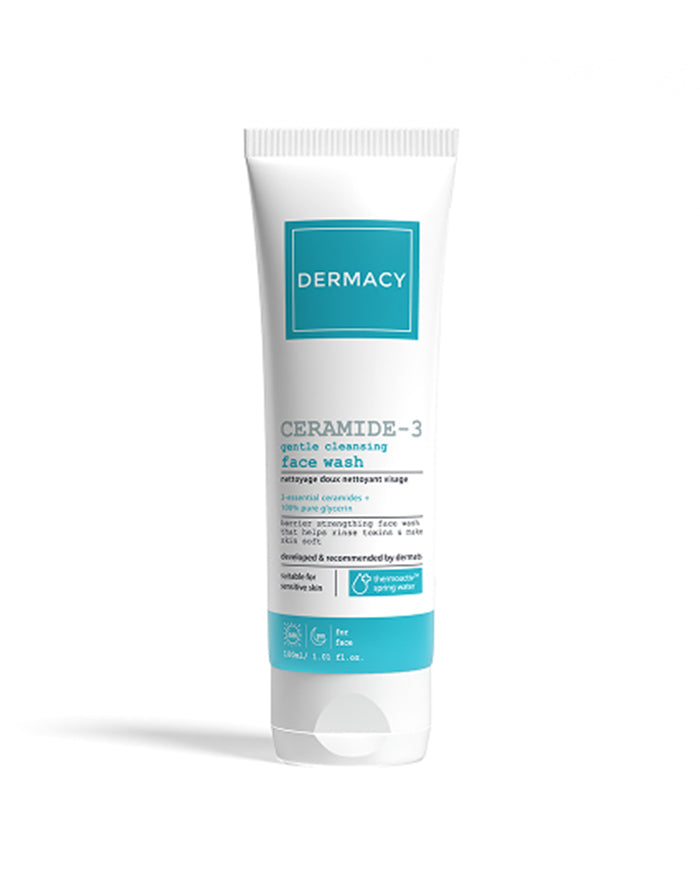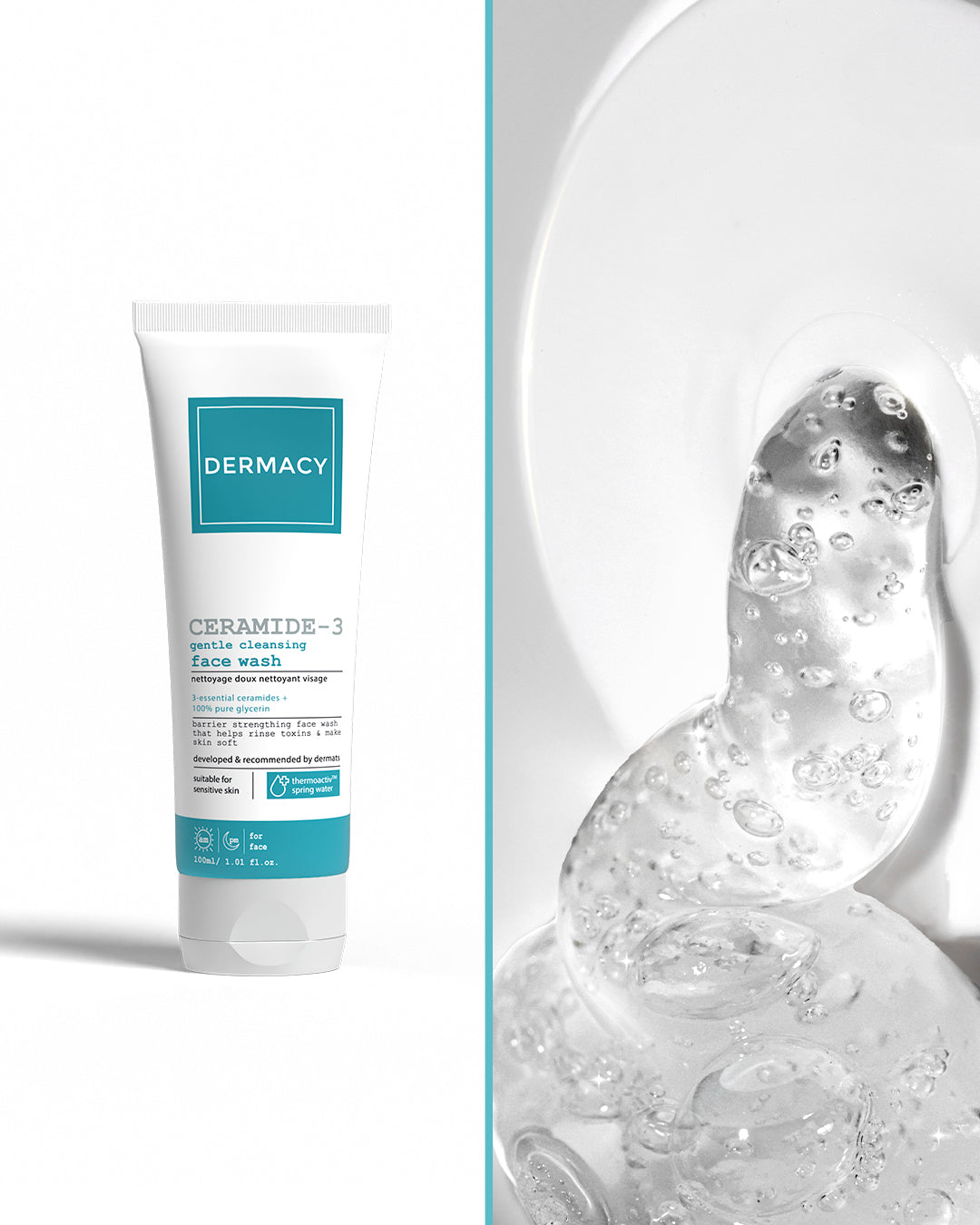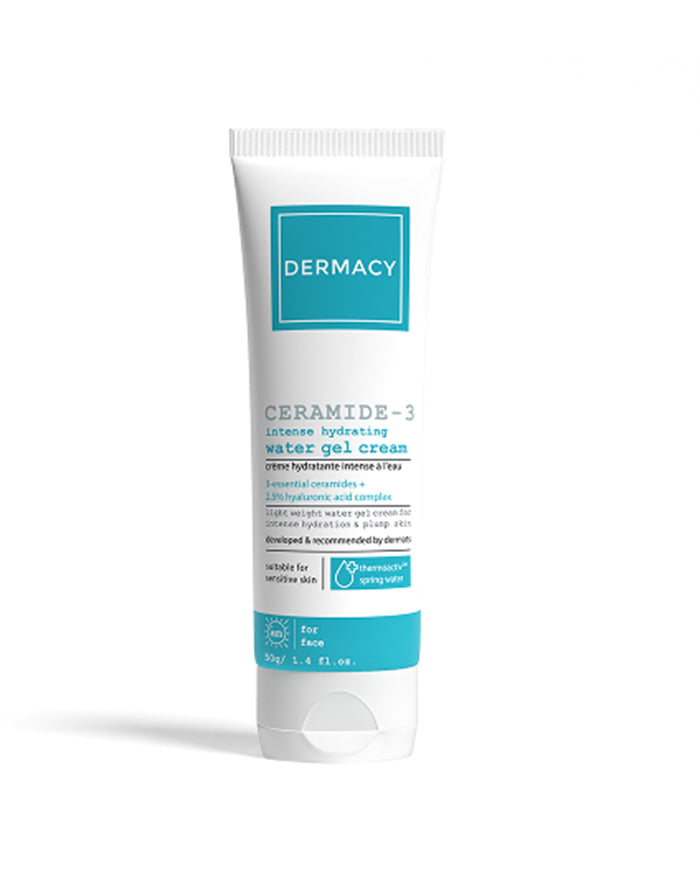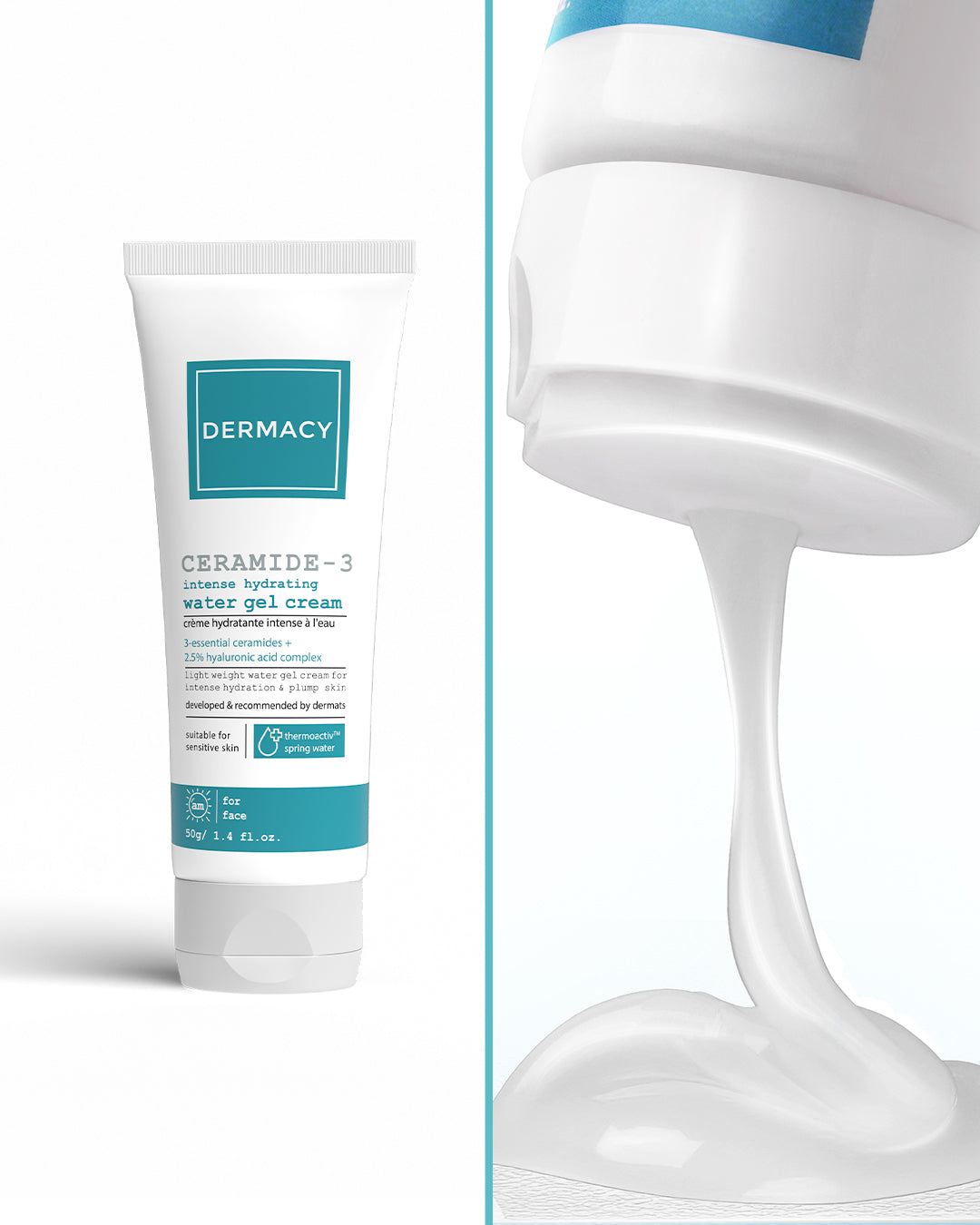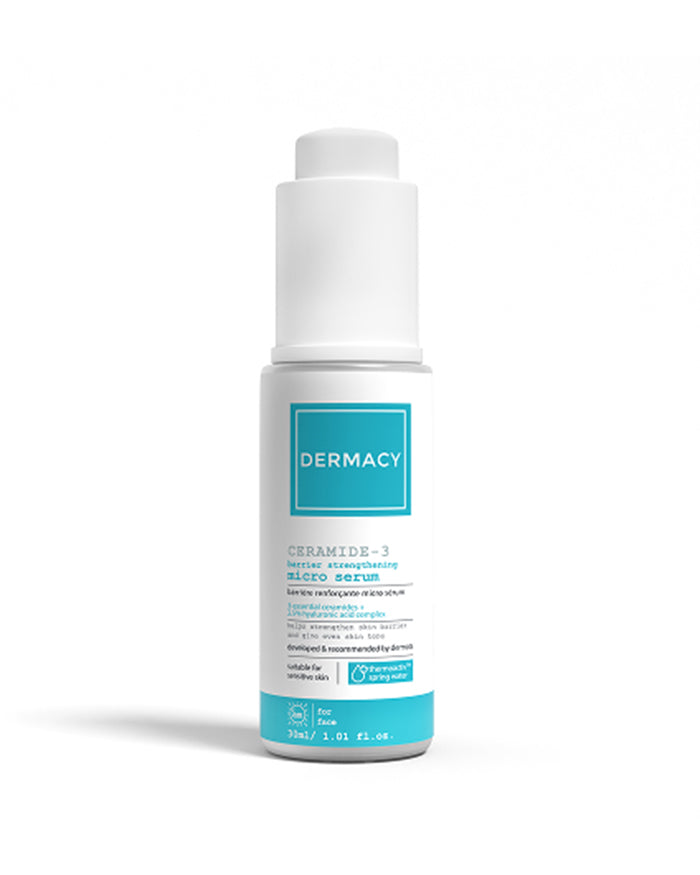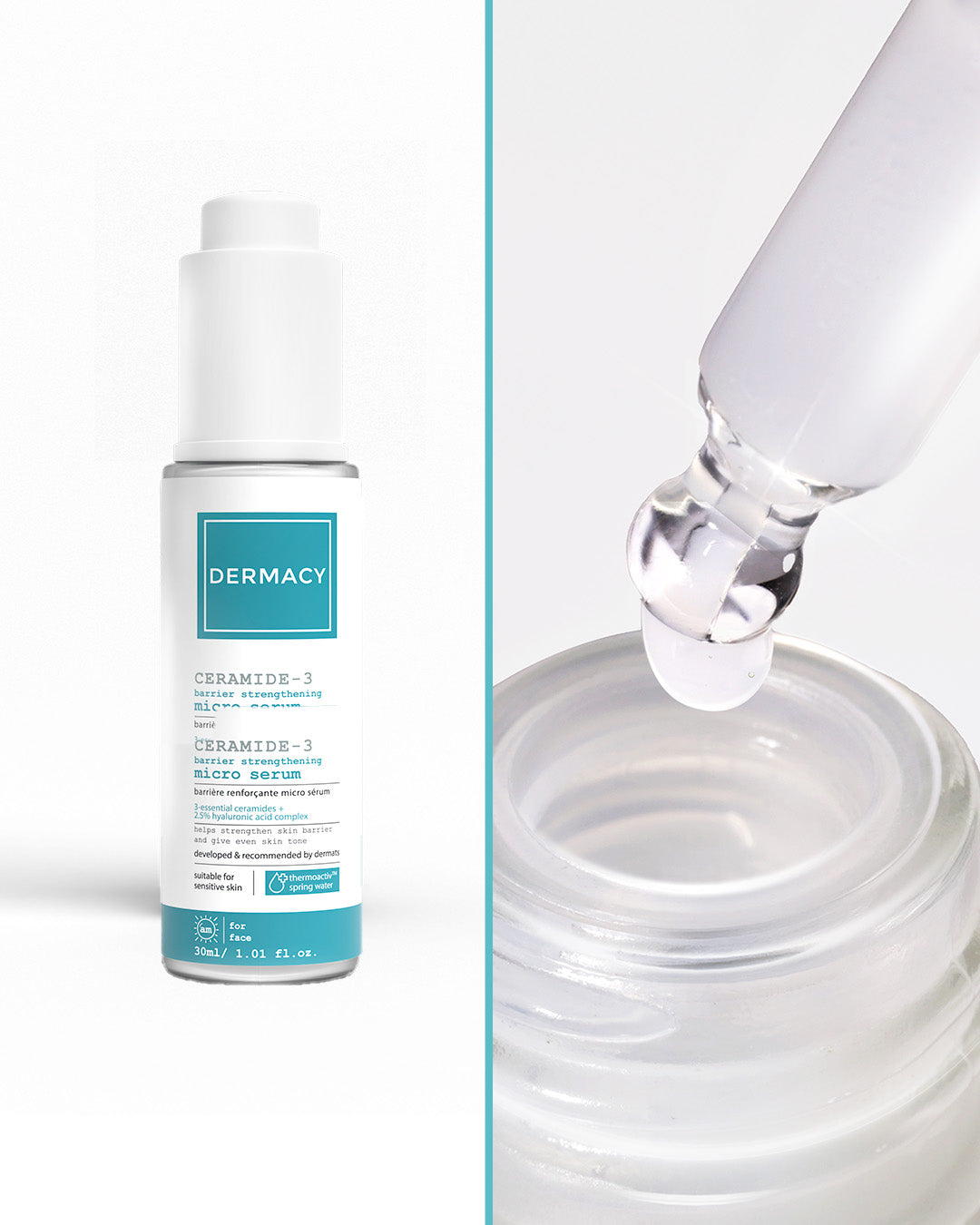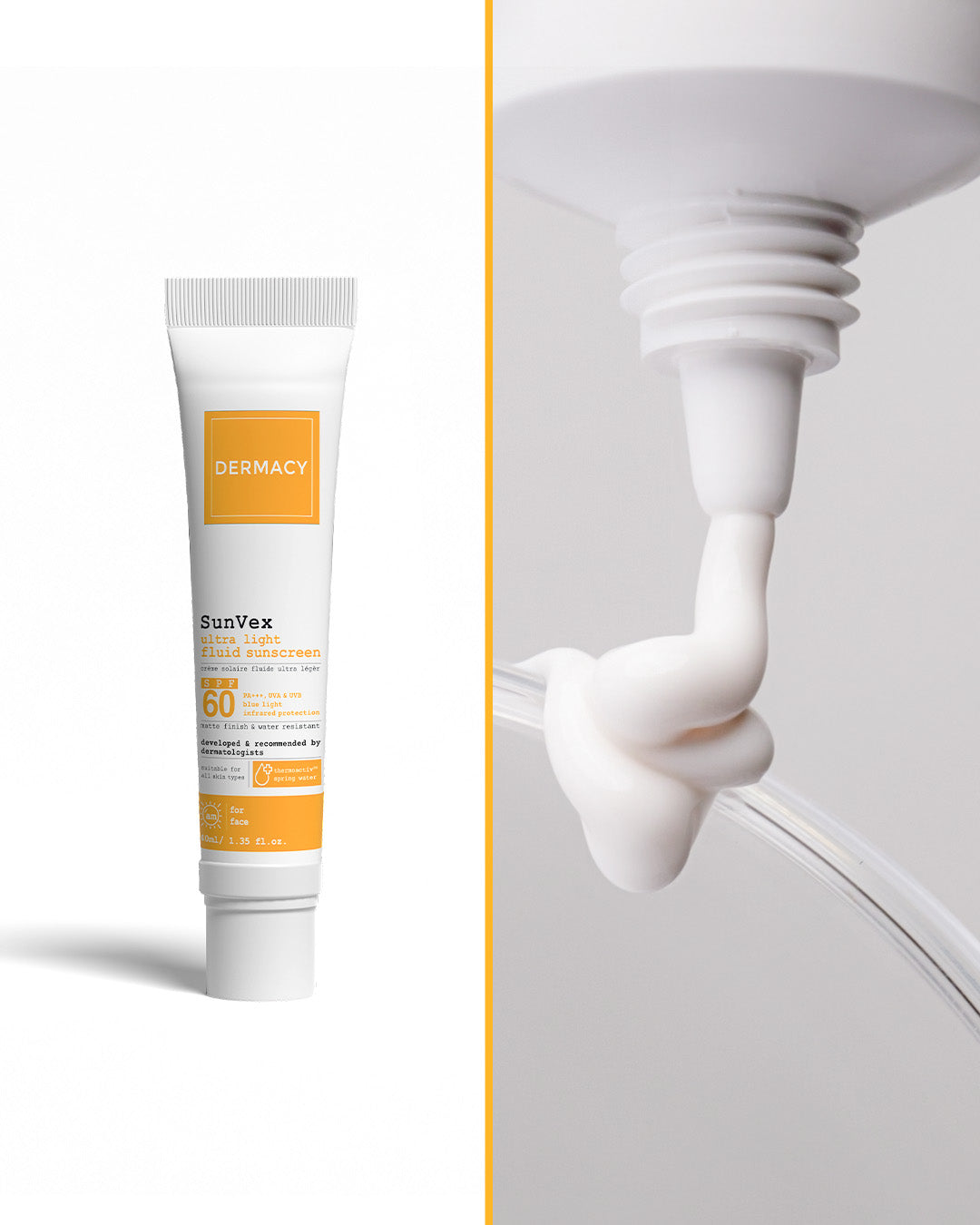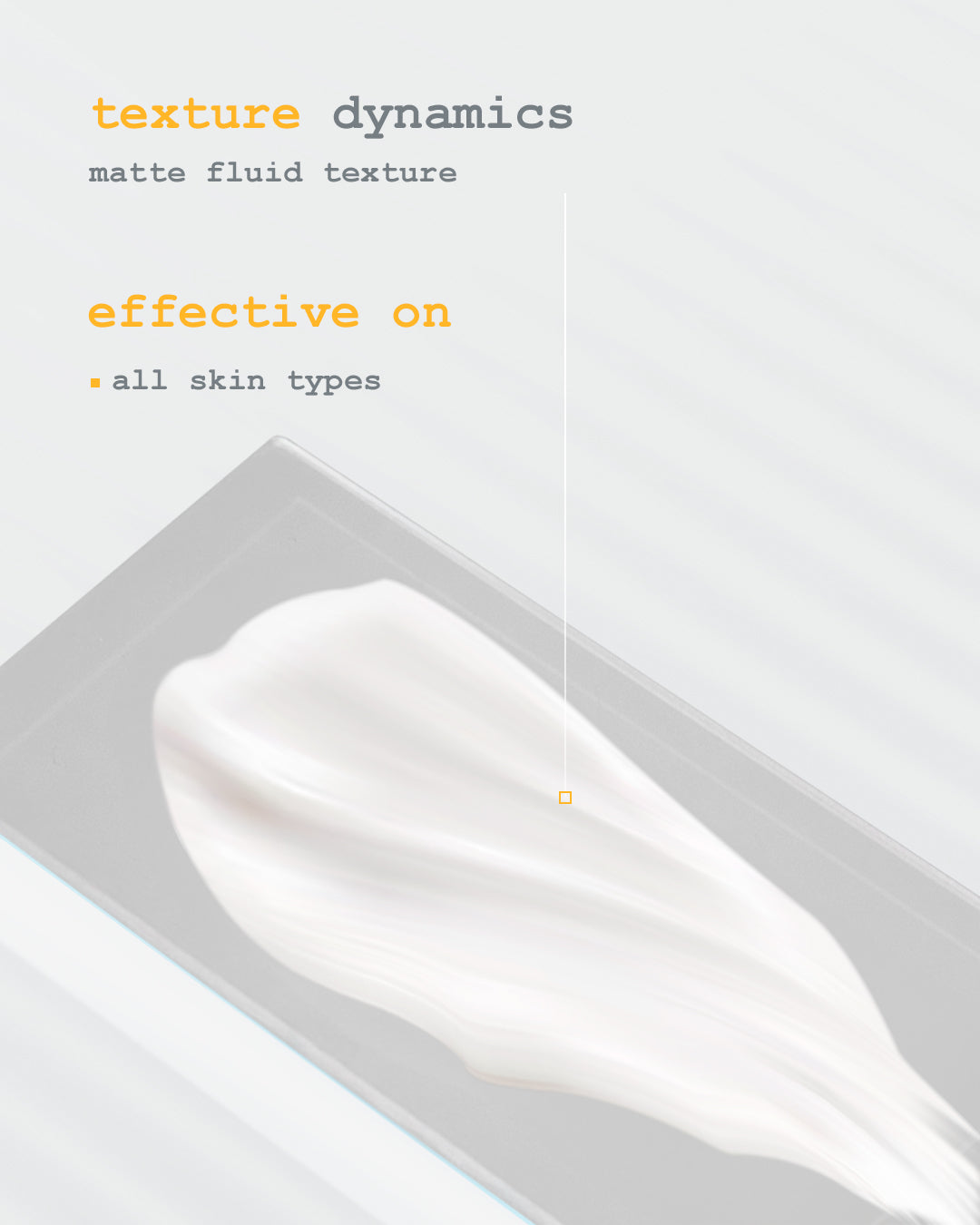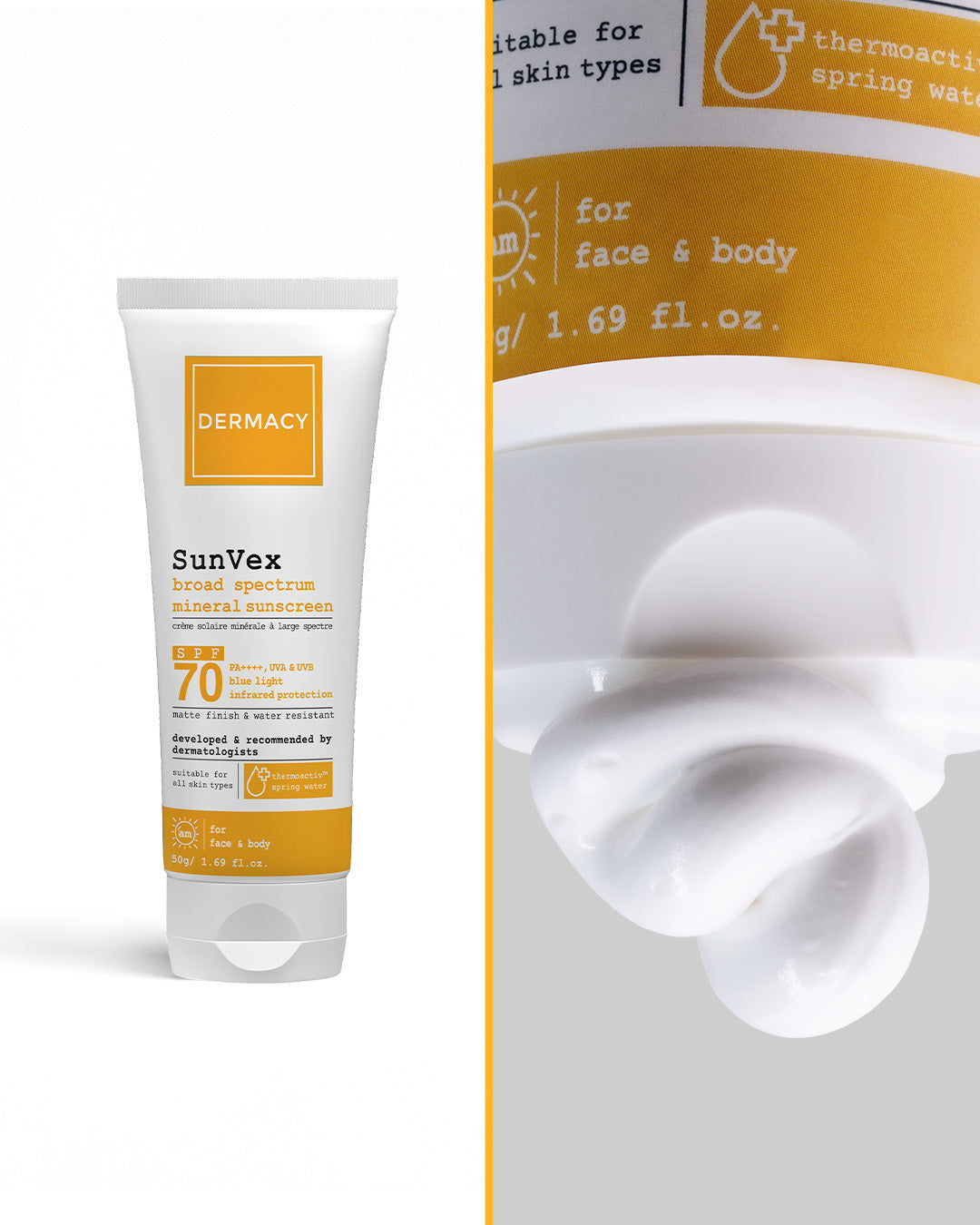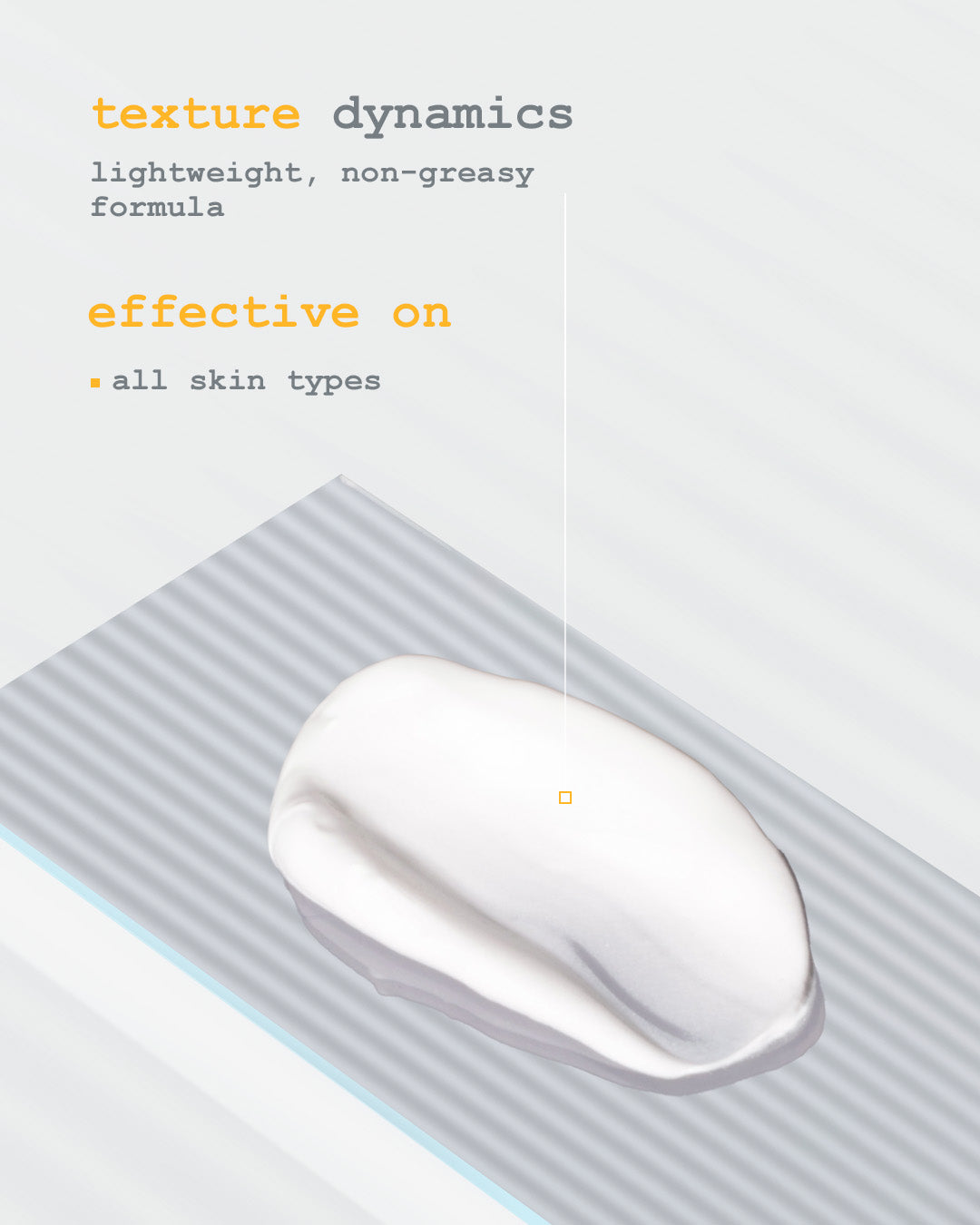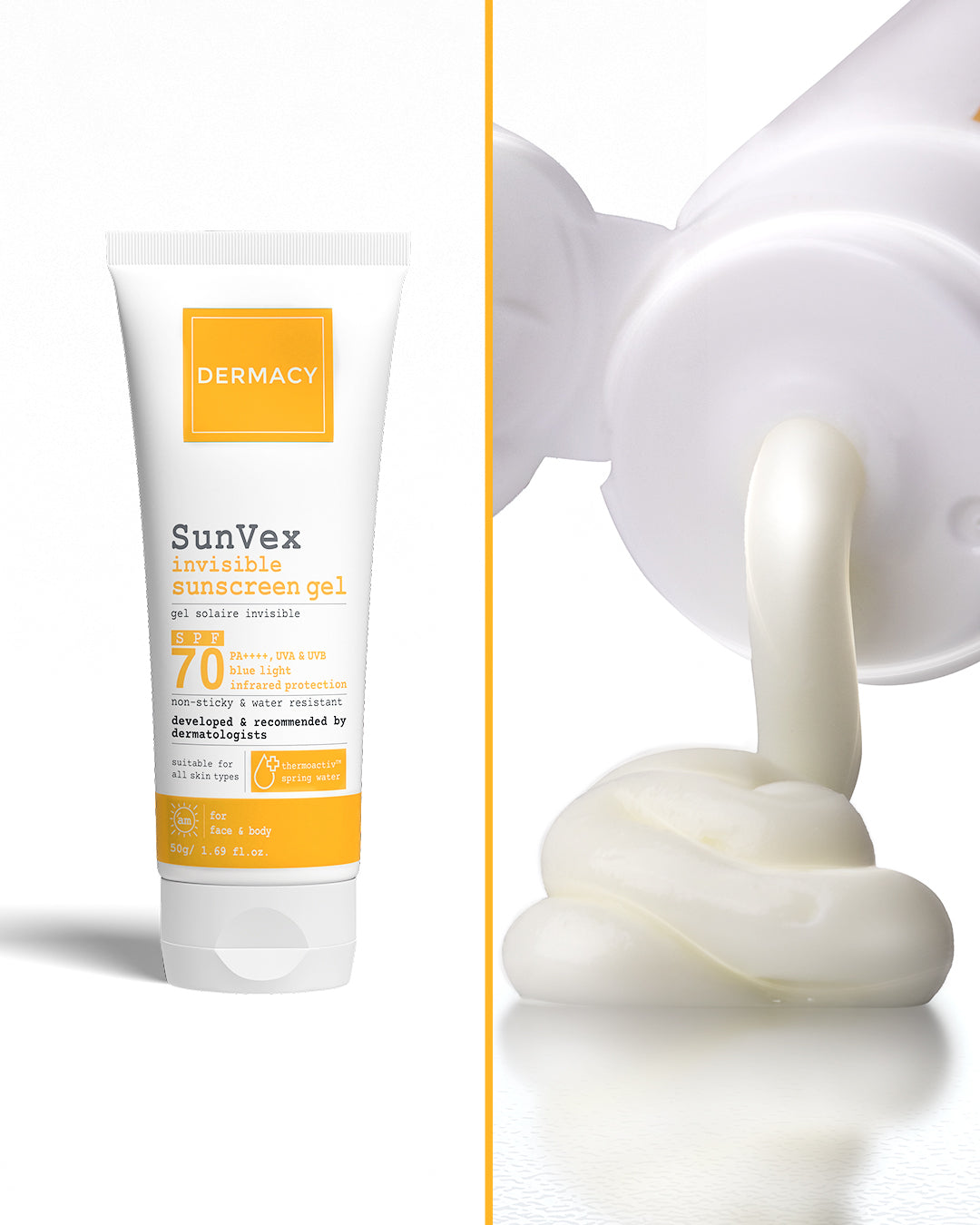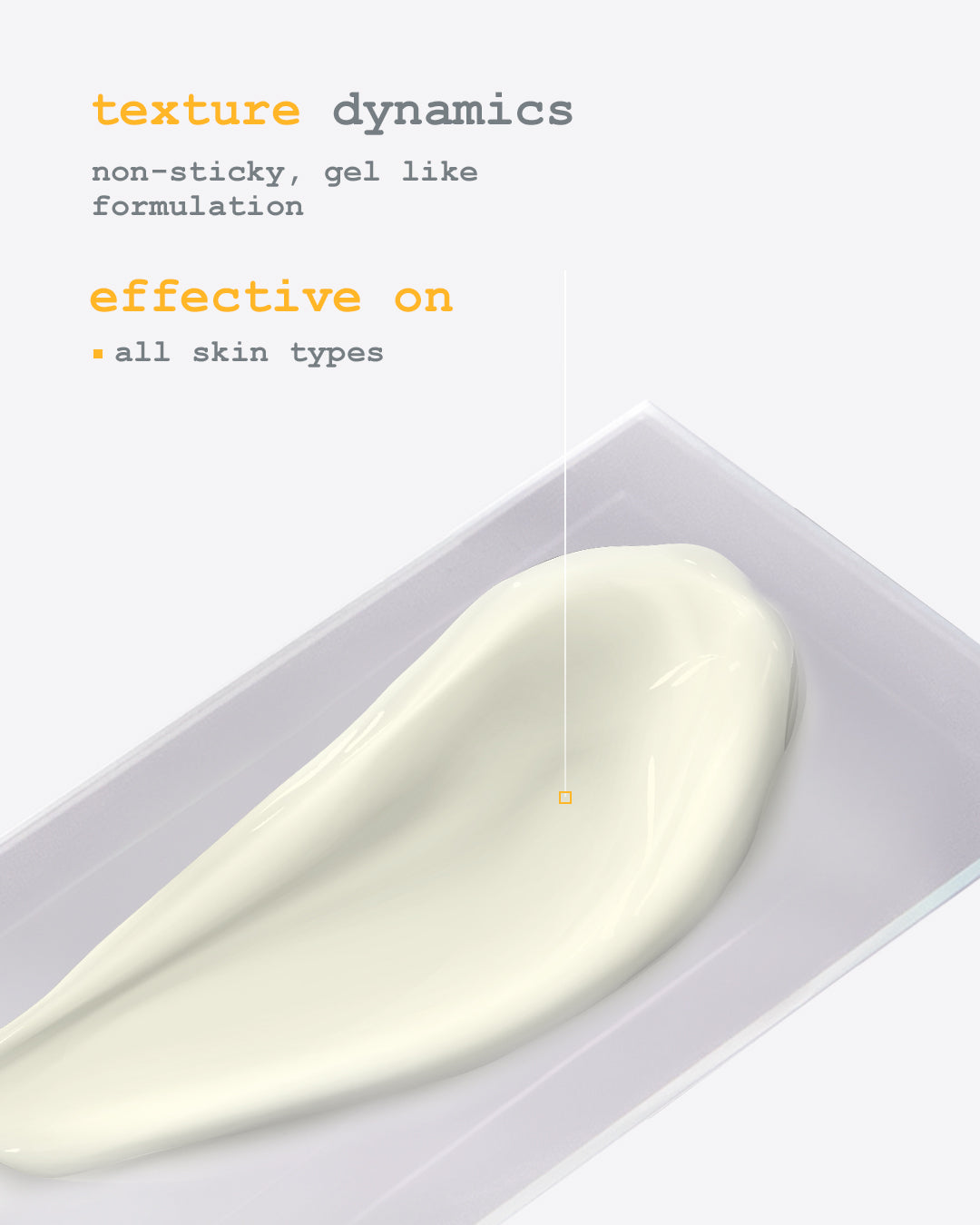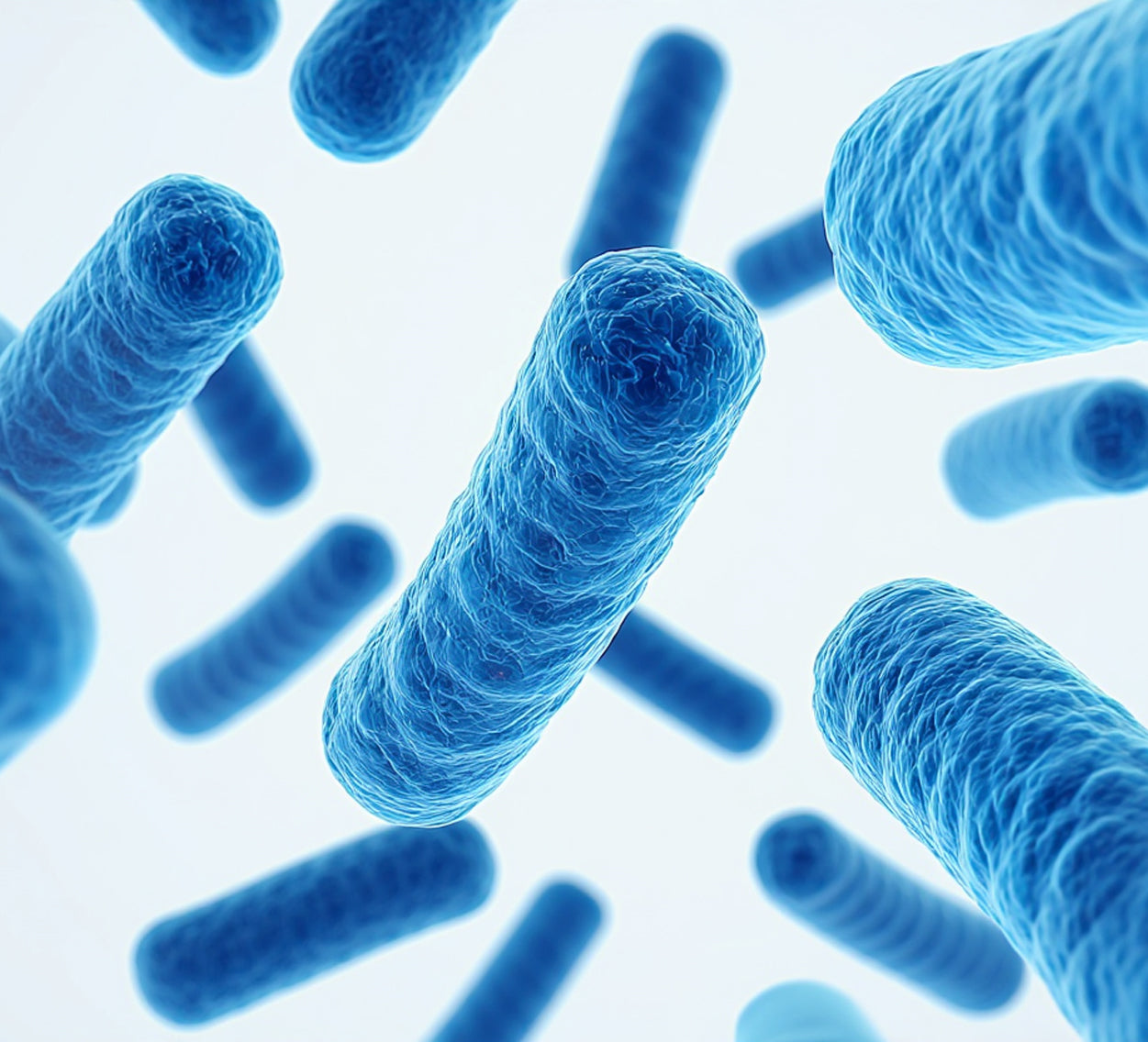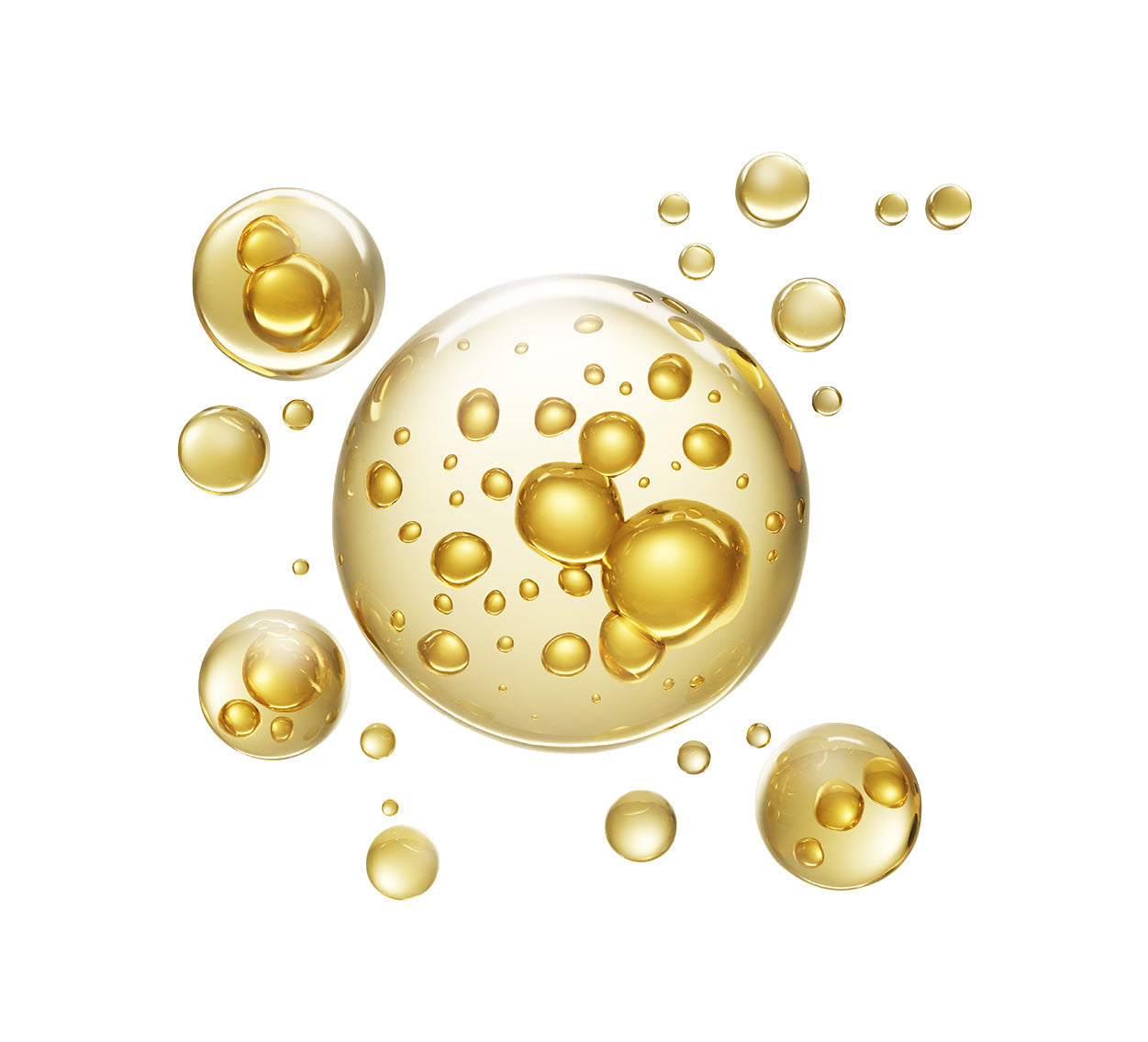LHA: A Smarter Acid for Sensitive, Congested Skin
What Is LHA?
LHA is a derivative of salicylic acid with a unique lipophilic structure and a skin-friendly pH of around 5.5. This allows it to work more gradually and target congested areas precisely, with less potential for skin inflammation.
Unlike conventional acids that act quickly and broadly, LHA provides localized exfoliation—making it suitable for skin types that can't tolerate high-strength exfoliants.
How Does LHA Work?
As a keratolytic agent, LHA breaks down the bonds between dead skin cells, promoting gentle shedding and smoother surface texture. Its lipid-soluble nature allows it to penetrate sebum-rich areas and help clear clogged pores without triggering irritation.
LHA supports:
- Gradual exfoliation with reduced skin inflammation
- Sebum control in oily or acne-prone skin
- pH-balanced exfoliation that protects the skin barrier
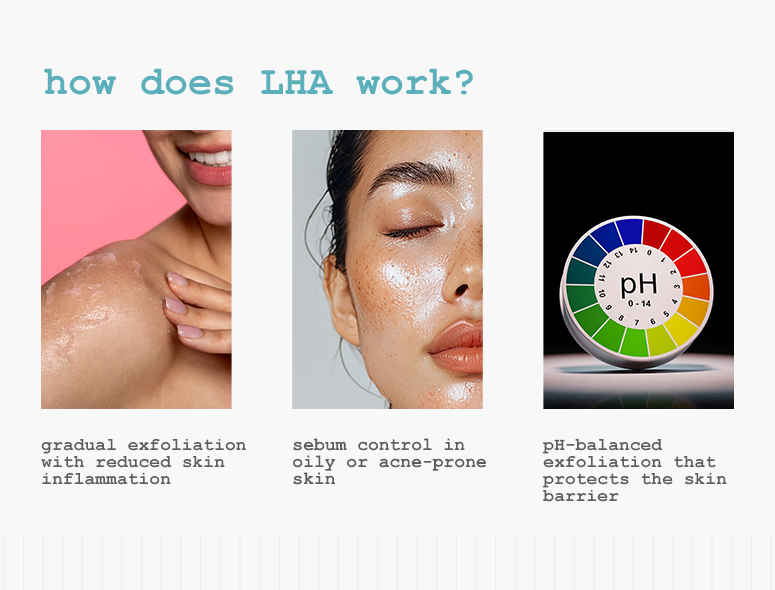
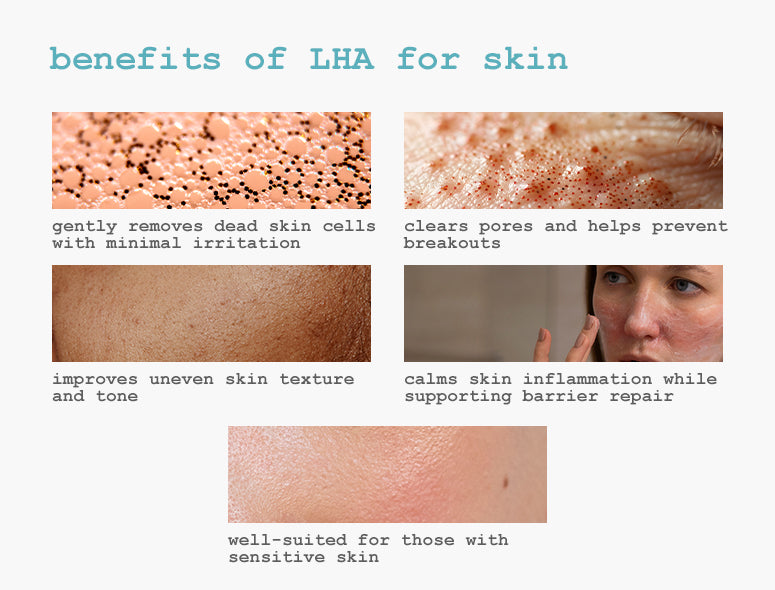
Benefits of LHA for Skin
✔ Gently removes dead skin cells with minimal irritation
✔ Clears pores and helps prevent breakouts
✔ Improves uneven skin texture and tone
✔ Calms skin inflammation while supporting barrier repair
✔ Well-suited for those with sensitive skin *INSERT BLOG ON SKIN SENSITVITY*
Why Choose LHA Over Traditional Acids?
For skin prone to redness, flaking, or skin barrier sensitivity, LHA offers results without harshness. Its structure allows for targeted action that respects the skin’s natural defenses—making it a preferred option in dermatologist-formulated products for mild to moderate acne, rough texture, and dull tone.
How to Use LHA in Your Routine
- Begin with 2–3 applications per week, especially if you’re new to exfoliating acids
- Use after cleansing and before serums or moisturizers
- Follow with a broad-spectrum SPF during the day to protect your newly exfoliated skin
- Compatible with calming and hydrating ingredients like niacinamide, ceramides, and hyaluronic acid
Final Takeaway
LHA offers a gentle, targeted approach to chemical exfoliation—delivering smoother skin and refined pores without triggering skin inflammation or compromising the skin barrier. Its ability to remove dead skin cells without irritation makes it a smart, effective option for those seeking clearer skin with a minimal-risk profile.





